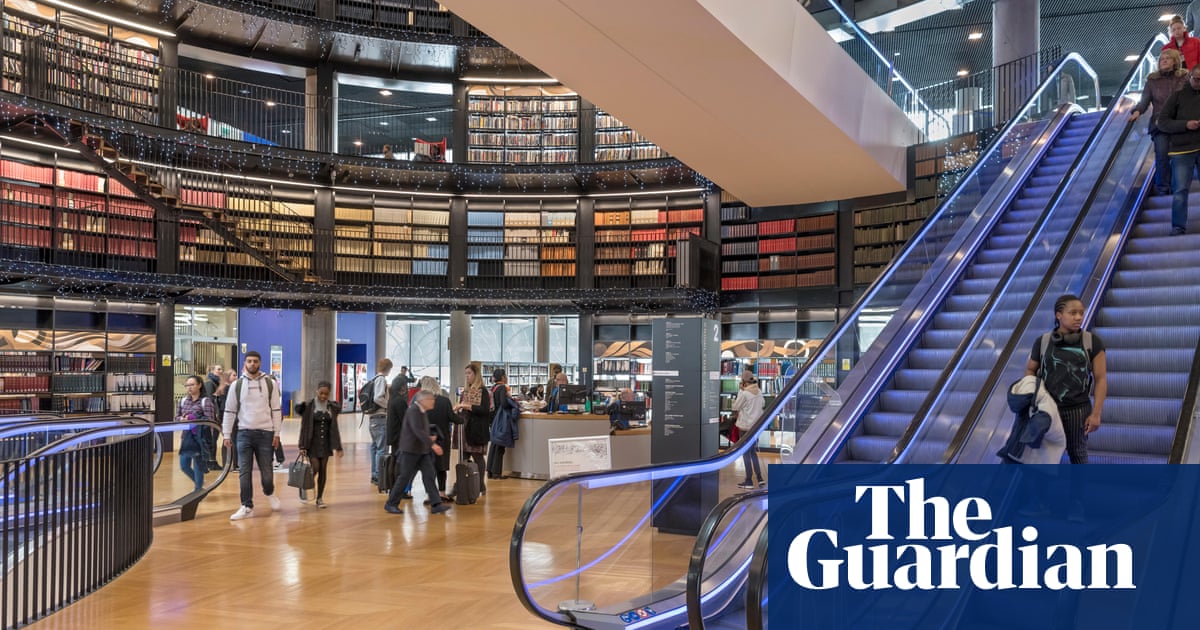
The UK government is to push ahead with a new wave of traffic reduction schemes to help more people walk and cycle, telling councils that while they must properly consult on new projects, they should also not be derailed by a minority of noisy opponents.
Announcing the new £175m tranche of money, part of wider plans to adapt travel to the impact of coronavirus, Grant Shapps, the transport secretary, pointed to polling which shows significant support for such measures across England.
The money will be allocated to councils partly for new bike lanes and better pedestrian facilities, but also for so-called low-traffic neighbourhoods (LTNs), which seek to dissuade short car trips by stopping motor traffic using some residential streets as rat runs.
The first wave of LTNs, primarily in London but also set up in a series of other cities, has proved controversial in some places, with residents’ groups saying they can merely push traffic on to other roads, or were imposed without notice.
Announcing the funding, part of a wider £2bn allocation for walking and cycling unveiled in May, Shapps acknowledged the opposition, warning councils that new schemes must show proper engagement, including with businesses and emergency services, and also have prior consultation.
Local authorities, Shapps said, should also produce reports on LTNs after six to 12 months, and adapt them based on feedback.
But in a pointed message to some councils which have abandoned LTNs or other walking and cycling schemes following protests, Shapps stressed they are generally popular, with one poll showing 65% of people across England back the reallocation of road space to cyclists and pedestrians in their local area.
In London, where the anti-LTN campaigns have been most prevalent, an independent poll showed that while 19% of people oppose the schemes, 52% support them and 25% are neutral, Shapps said.
Shapps is sending a letter to all councils receiving the money to remind them that consultation on LTNs and other schemes should involve objective gauges such as polling, rather than “listening only to the loudest voices or giving any one group a veto”.
He wrote: “Very few changes to anything will command unanimous support, and we do not ask it for these schemes. But there is clear evidence that for all the controversy they can sometimes cause, ambitious cycling and walking schemes have significant, if quieter, majority support.”
In the letter, Shapps does acknowledge that some ideas introduced to assist with social distancing amid Covid have not been a success.
In particular, he said, barriers to temporarily extend pavement widths have often not been used, while preventing people from crossing the road and narrowing the street.
Chris Boardman, the former Olympic cyclist who is now cycling and walking commissioner for Greater Manchester, said communities which prioritise cycling saw cleaner air, less congestion, a boost to businesses, and their streets are “happier places to be”.
Supporting the call for more consultation, he said: “If we get this right, many of these pop-up routes and low-traffic neighbourhoods will become a permanent and valued part of people’s daily lives. The Industrial Revolution started in Great Britain, now we should lead the green revolution.”
Duncan Dollimore, head of campaigns for Cycling UK, said councils should heed Shapps’s words on not just listening to opponents.
He said: “It really shouldn’t be news the majority of people support quieter and safer roads for cycling and walking. Survey after survey say exactly this. Hopefully this time councils will take note, because in recent weeks far too many have underestimated support for these schemes, removing cycle lanes the minute a local MP or vocal minority of people raise concerns.”












